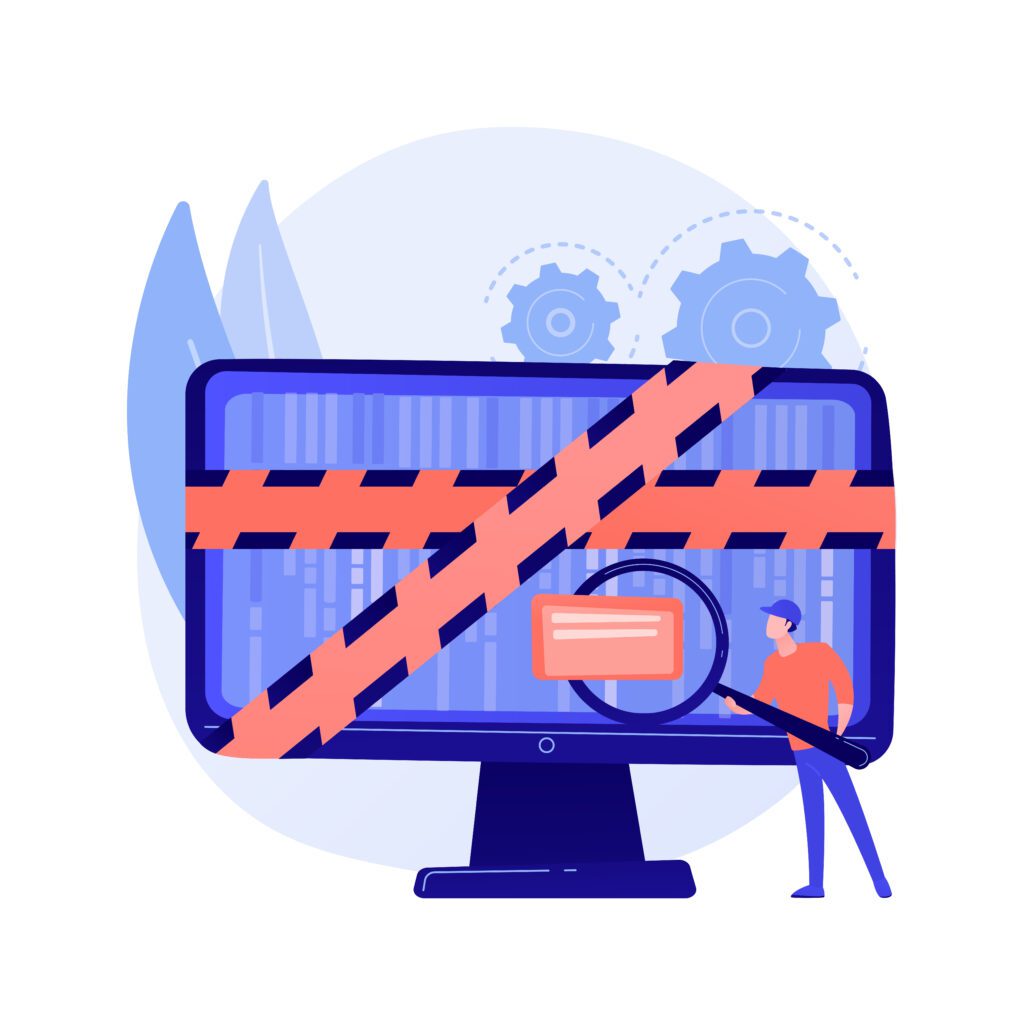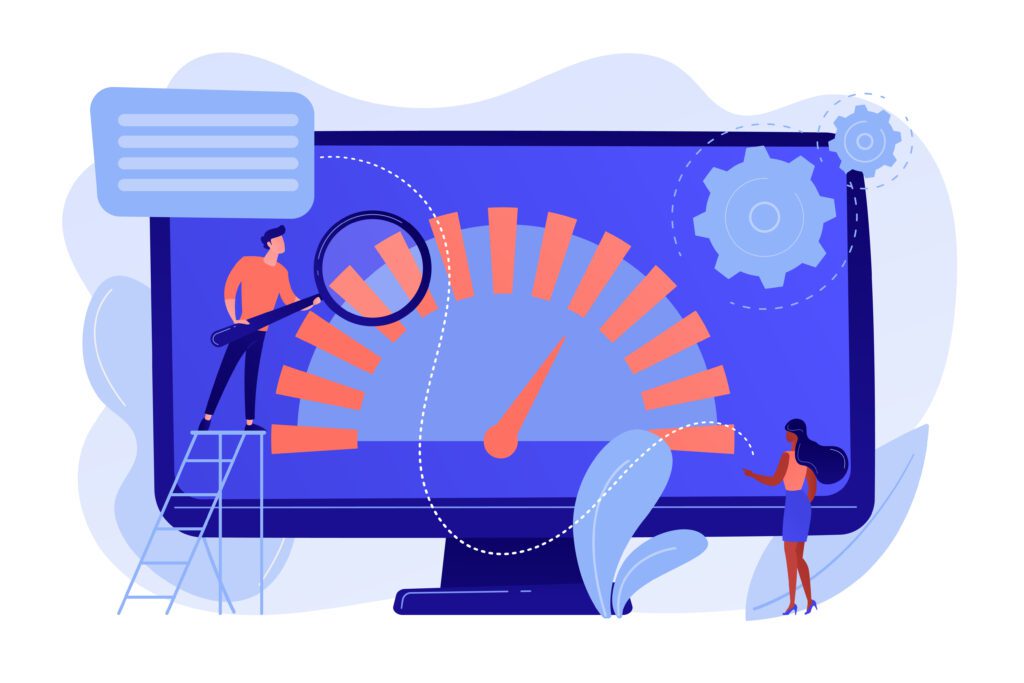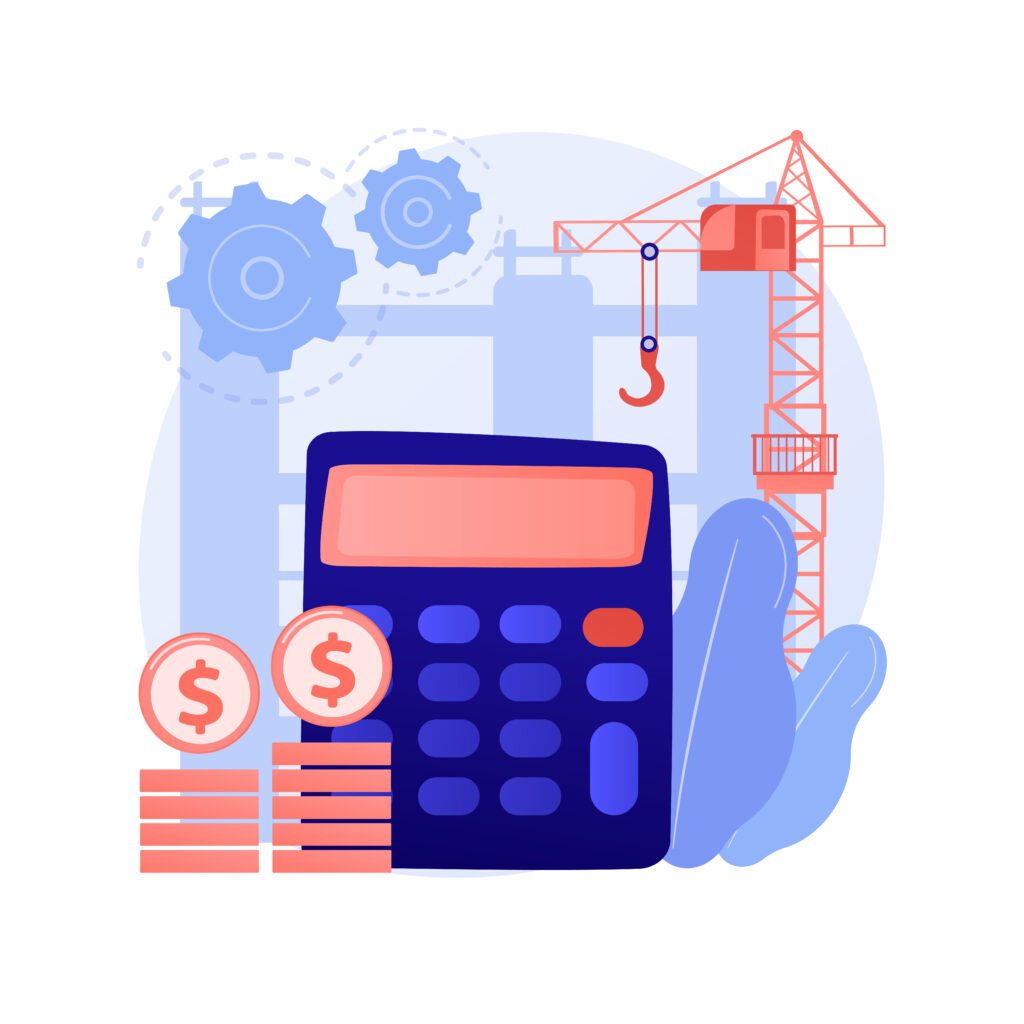Why Website Maintenance Is Critical for Your Online Business
If you’re running an online business, you know how important your website is to your success. Your website is your virtual storefront, and it’s often the first point of contact for potential customers. But what happens when your website isn’t properly maintained? In this article, we’ll explore the importance of website maintenance and why it’s critical for the success of your online business.
What is Website Maintenance?
Website maintenance refers to the process of keeping your website up-to-date, secure, and functional. This includes tasks such as updating software, fixing broken links, updating content, backing up data, optimizing speed, and ensuring that your website is accessible to all users. maintenance refers to the process of regularly checking and updating your website to ensure it remains secure, up-to-date, and functional. It includes tasks such as checking for broken links, updating content, backing up data, optimizing speed, and fixing any issues that may arise.
The Importance of Website Maintenance
Website maintenance is critical for the success of your online business for several reasons:
1. Improved User Experience

A well-maintained website provides a positive user experience for your visitors. When your website is easy to navigate, loads quickly, and is free of errors, visitors are more likely to stay on your site and engage with your content. This can lead to increased sales and customer loyalty.
A website is the face of any business. It is the first thing that a potential customer sees and interacts with. For this reason, it is essential to ensure that your website provides an optimal user experience for your visitors. When users are provided with a positive experience, they are more likely to stay on your site longer and become customers.
2. Better Security

One of the most important aspects of website maintenance is ensuring the security of your site. Hackers are constantly looking for vulnerabilities in websites, and a poorly maintained site can be an easy target. A hacked website can be a significant setback for your business, leading to data loss, damage to your reputation, and financial losses. Regular maintenance helps keep your website secure by ensuring it has the latest security patches and updates, using secure login credentials, and scanning for malware and viruses.
Here are just a few examples of how regular maintenance can protect your website:
- Regularly check your website for malware, viruses, and spyware.
- Updating and installing WordPress plugins to help prevent hacks.
- Fixing any issues with the site that could be causing security issues (like a broken SSL certificate).
3. Increased Search Engine Rankings

Search engines like Google prioritize websites that are up-to-date and well-maintained. Websites that are neglected or outdated are less likely to appear in search engine results pages (SERPs). Regular website maintenance, such as updating content, optimizing for keywords, and improving site speed, can help improve your search engine rankings and drive more organic traffic to your website.
4. Cost Savings

Regular website maintenance can help you save money in the long run. By identifying and fixing issues early, you can prevent major problems that can be costly to fix. Regular maintenance can also help extend the lifespan of your website, reducing the need for a complete overhaul or redesign down the line.
How to maintain your website?
Maintaining your website may seem like a daunting task, but it doesn’t have to be. Here are some actionable tips to help you stay on top of your website’s upkeep.
1. Update software and plugins

Keeping your website software and plugins up-to-date is crucial for website security and performance. Outdated software can contain vulnerabilities that cybercriminals can exploit, while outdated plugins can slow down your website and cause compatibility issues. Set up automatic updates for your website software and plugins or check regularly for updates and install them promptly.
2. Backup your website regularly

Backing up your website regularly is essential for protecting your data and ensuring you can quickly restore your website if something goes wrong. Set up automatic backups or schedule regular backups to ensure you always have a recent backup on hand.
3. Check for broken links

Broken links can negatively impact your website’s user experience and search engine rankings. Use a tool like Screaming Frog to crawl your website and identify any broken links. Fix broken links promptly by updating the URL or removing the link.
4. Optimize website speed

Website speed is a critical factor in user experience and search engine rankings. Use tools like Google PageSpeed Insights or GTmetrix to identify areas of your website that may be slowing down its performance. Optimize images, minify code, and use caching to improve your website’s speed.
5. Monitor website analytics

Monitoring your website’s analytics can help you identify areas for improvement and track the effectiveness of your website maintenance efforts. Use tools like Google Analytics to track metrics like bounce rates, time on site, and conversion rates. Use this data to make informed decisions about how to optimize your website.
6. Conduct Security Checks

Regularly conducting security checks can help prevent security breaches and protect your business and your customers. This includes checking for malware, installing SSL certificates, and ensuring that your website is PCI-compliant.
7. Hire a Professional

If you don’t have the time or expertise to maintain your website yourself, consider hiring a professional to handle the task for you. A professional web developer can ensure that your website is up-to-date and secure while allowing you to focus on running your business.
When to seek professional help?
While regular website maintenance is essential, there may come a time when you need to seek professional help. Here are some signs that it may be time to bring in a professional:
1. Your website has been hacked
If your website has been hacked, it’s important to act quickly to prevent further damage. A professional web developer can help you identify the source of the hack, clean up your website, and take steps to prevent future attacks.
2. Your website is slow or not loading
A slow or non-responsive website can be frustrating for users and negatively impact your search engine rankings. A professional web developer can help identify the source of the problem and implement solutions to improve your website’s performance.
3. Your website needs a redesign
If your website is outdated or not delivering the results you want, it may be time for a redesign. A professional web developer can help you create a modern, user-friendly website that meets your business goals.
How Much Does Website Maintenance Cost?

The cost of website maintenance can vary depending on several factors, including the size and complexity of your website, the level of maintenance required, and the experience of the web developer you hire. Some web developers charge an hourly rate for website maintenance, while others offer monthly maintenance plans that include a set number of hours each month.
Hourly rates for website maintenance can range from $50 to $150 or more, depending on the web developer’s level of expertise and the complexity of the maintenance required. Monthly maintenance plans typically start at around $100 per month and can go up to several hundred dollars per month for larger, more complex websites.
It’s important to consider the cost of website maintenance as a necessary investment in the success of your online business. Regular website maintenance can help prevent issues like security breaches and downtime, improve website performance and user experience, and ensure that your website is up-to-date with the latest technologies and best practices.
When selecting a web developer for website maintenance, it’s important to choose someone with the right skills and experience to meet your needs. Look for a developer with a track record of providing high-quality maintenance services and who is willing to work with you to develop a maintenance plan that fits your budget and requirements.
Overall, the cost of website maintenance will depend on your specific needs and the web developer you hire. However, investing in regular website maintenance is critical for the success of your online business and can help ensure that your website remains secure, functional, and up-to-date.
Conclusion
Website maintenance is critical for the success of your online business. By keeping your website up-to-date, secure, and functional, you can improve the user experience, increase search engine rankings, and protect your business and your customers. By following best practices and regularly maintaining your website, you can ensure that your online business stays competitive and successful.







